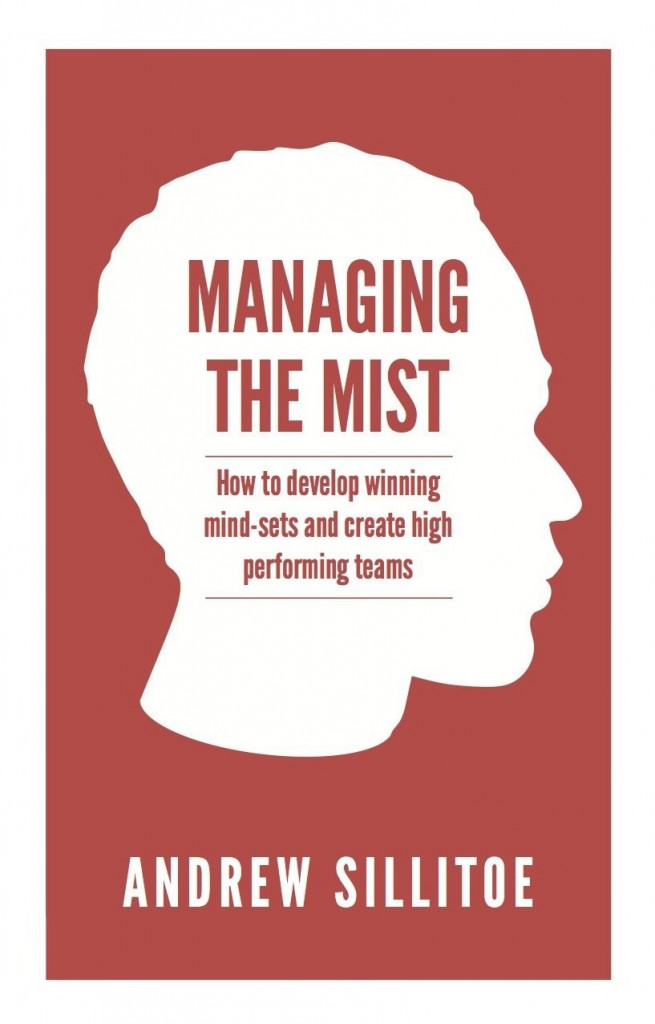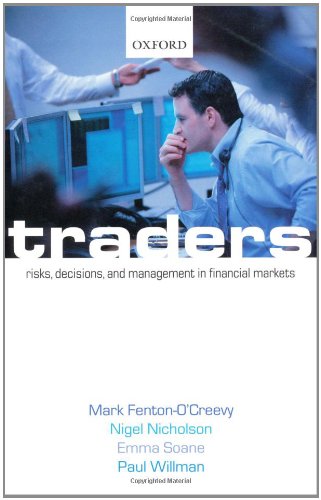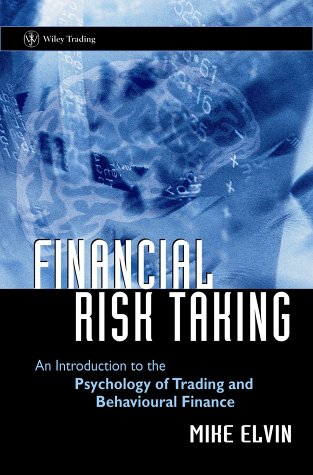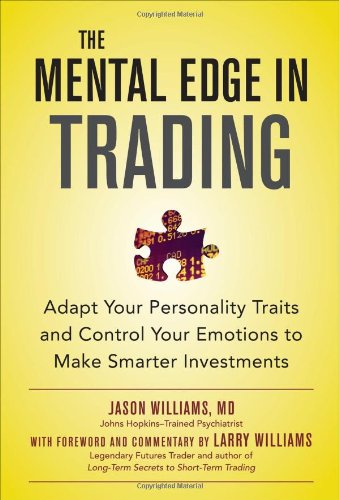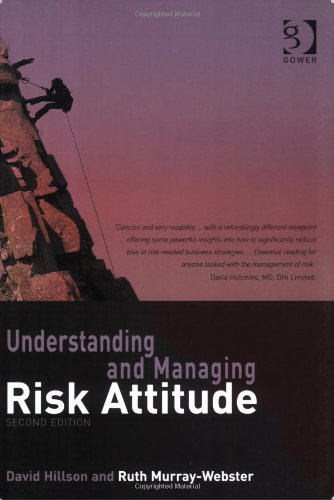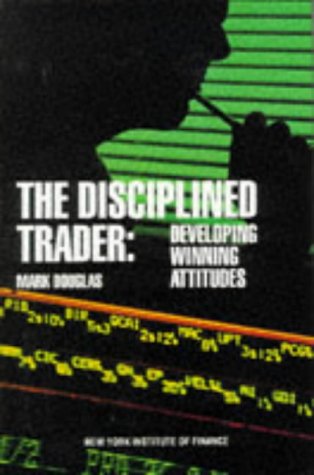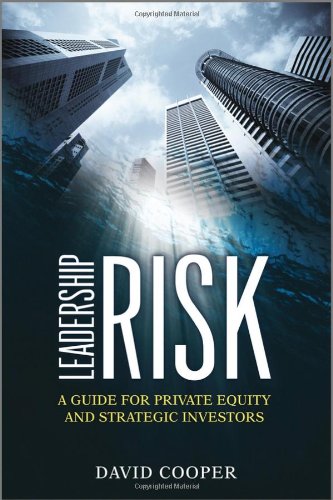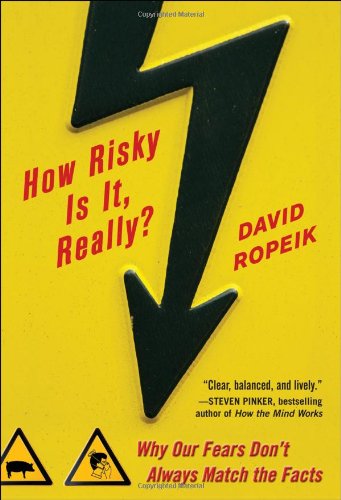Managing the Mist: How to Develop Winning Mind-Sets and Create High Performing Teams
Are you a leader or coach who wants to create a high-performance team? Have you ever wondered why you lose your temper or feel paralysed by the fear of failure? In a world that is full of rapid change the mist often surrounds us reducing our clarity and decision making Andrew Sillitoe successfully provides insights that are scientifically backed up to counter this. With inspiring leadership stories, original frameworks and an innovative road map to success, he clearly defines the critical pathway for enhancing leadership, creating high performance teams and developing winning mind-sets. About the Author Andrew is the owner […]
